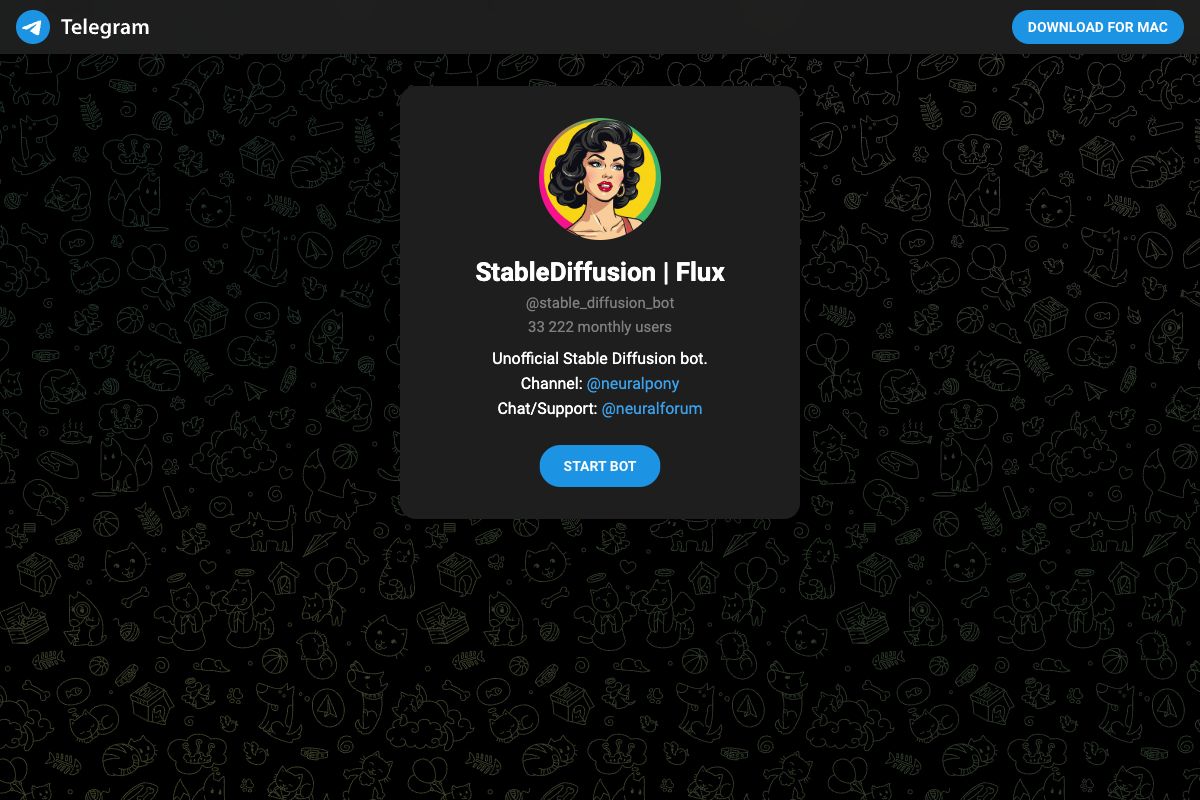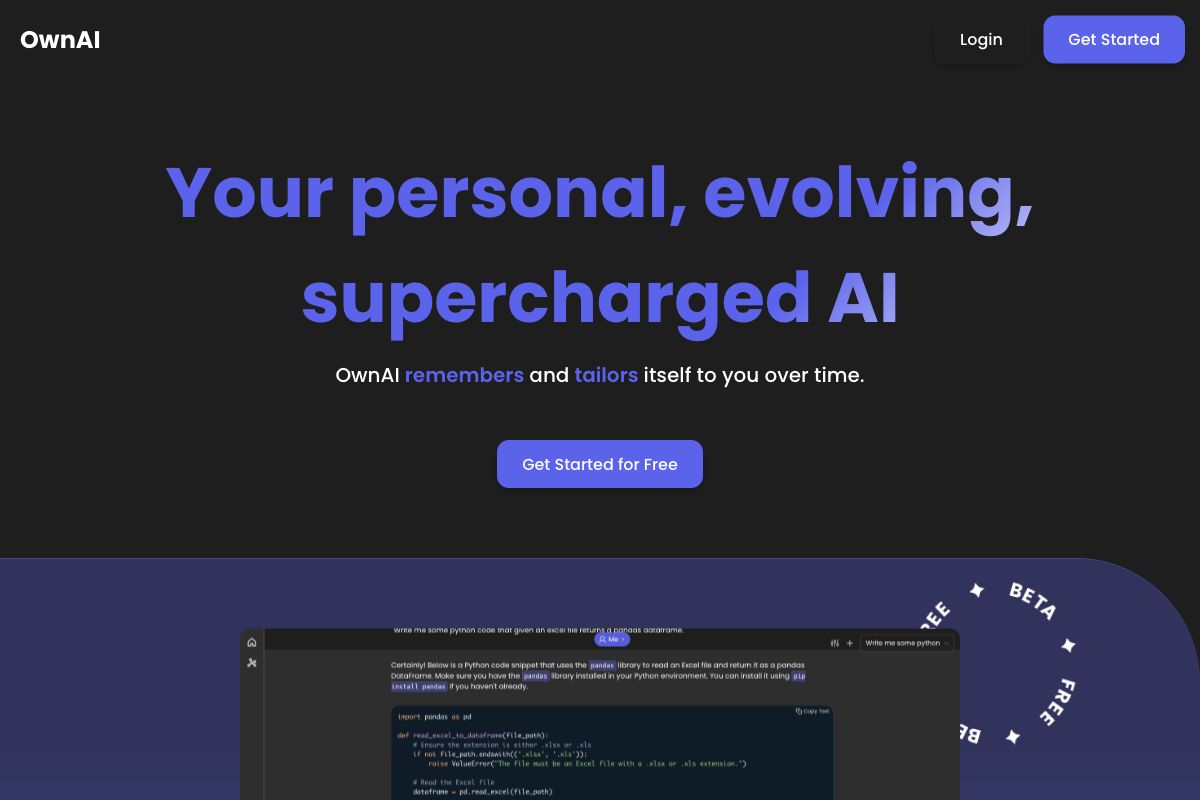OpenAI Codex
OpenAI Codex is a sophisticated AI model developed to translate natural language into working code. It improves upon the capabilities of GPT-3 by not just generating natural language but producing code executable by machines. Codex supports over a dozen programming languages, with a particular proficiency in Python. It allows developers and businesses to create natural language interfaces to existing applications through its API platform. This tool marks a significant advancement in programming, assisting in tasks like transpilation, explaining, and refactoring code, and reducing barriers for programmers by translating simple natural language commands into code.
Key Features
Pros
- Supports over a dozen programming languages
- Transforms natural language to code
- Reduces programming barriers
- Available via API in private beta
- Enhances software development efficiency
Cons
- Limited to private beta access
- Results may vary across different tasks
- Reliance on publicly available code
- Requires learning the API for full utilization
- May face scalability challenges initially
Frequently Asked Questions
What is OpenAI Codex?
OpenAI Codex is an AI system developed by OpenAI that translates natural language into executable code, available through an API.
Which programming languages does OpenAI Codex support?
OpenAI Codex is proficient in over a dozen programming languages, including Python, JavaScript, Go, Perl, PHP, Ruby, Swift and TypeScript.
How is OpenAI Codex different from GPT-3?
Unlike GPT-3, which generates natural language, OpenAI Codex produces working code, allowing users to execute commands in English on any software with an API.
What are the main advantages of using OpenAI Codex?
The main advantages include support for multiple programming languages, reduction of programming barriers, and the ability to translate natural language into code effectively.
Is OpenAI Codex available for public use?
OpenAI Codex is available through a private beta via its API.
What tasks can OpenAI Codex assist with?
OpenAI Codex can assist with tasks such as transpilation, code explanation, and code refactoring.
Does OpenAI Codex enhance software development efficiency?
Yes, OpenAI Codex enhances software development efficiency by transforming natural language input into code, reducing the manual coding effort.
Is OpenAI Codex free to use during the private beta?
Yes, OpenAI Codex is offered for free during the initial private beta period.
How much context can OpenAI Codex handle for Python code?
OpenAI Codex has a memory of 14KB for Python code, allowing it to take into account over three times as much contextual information compared to GPT-3.
What limitations does OpenAI Codex face?
Limitations include being in private beta, varying results across different tasks, reliance on public code, and initial scalability challenges.






